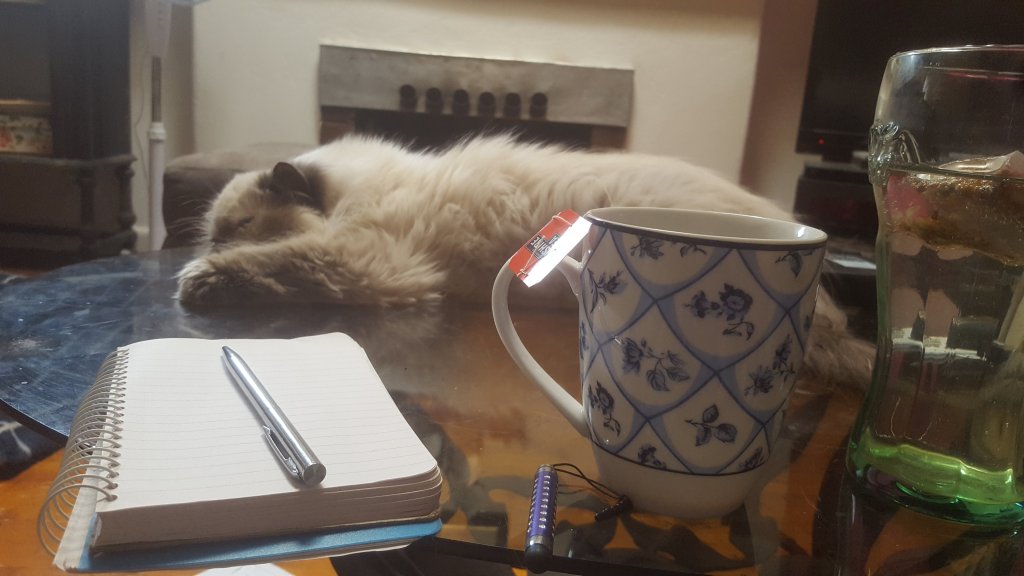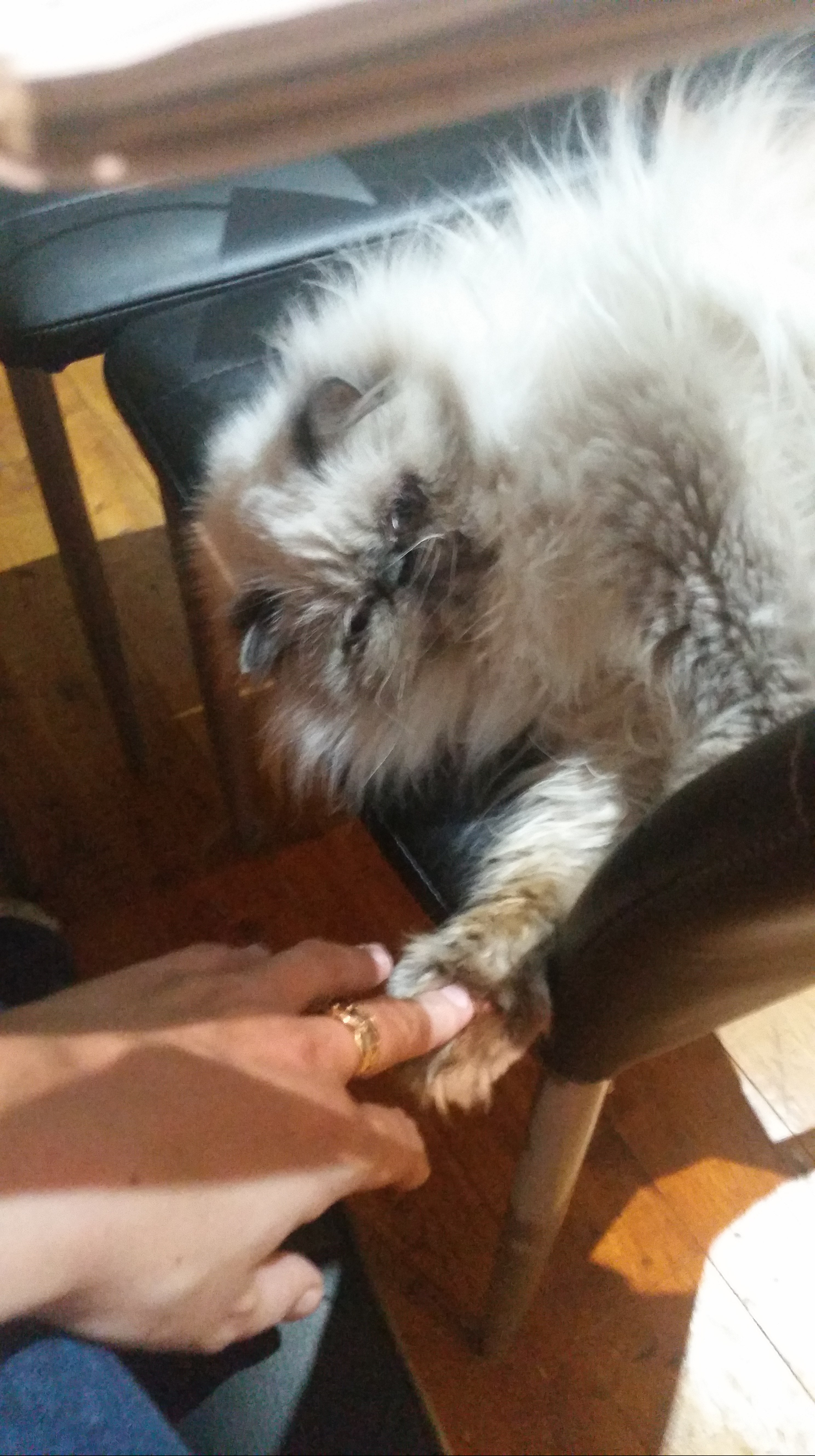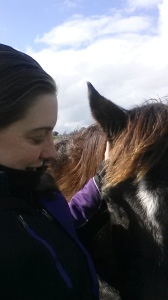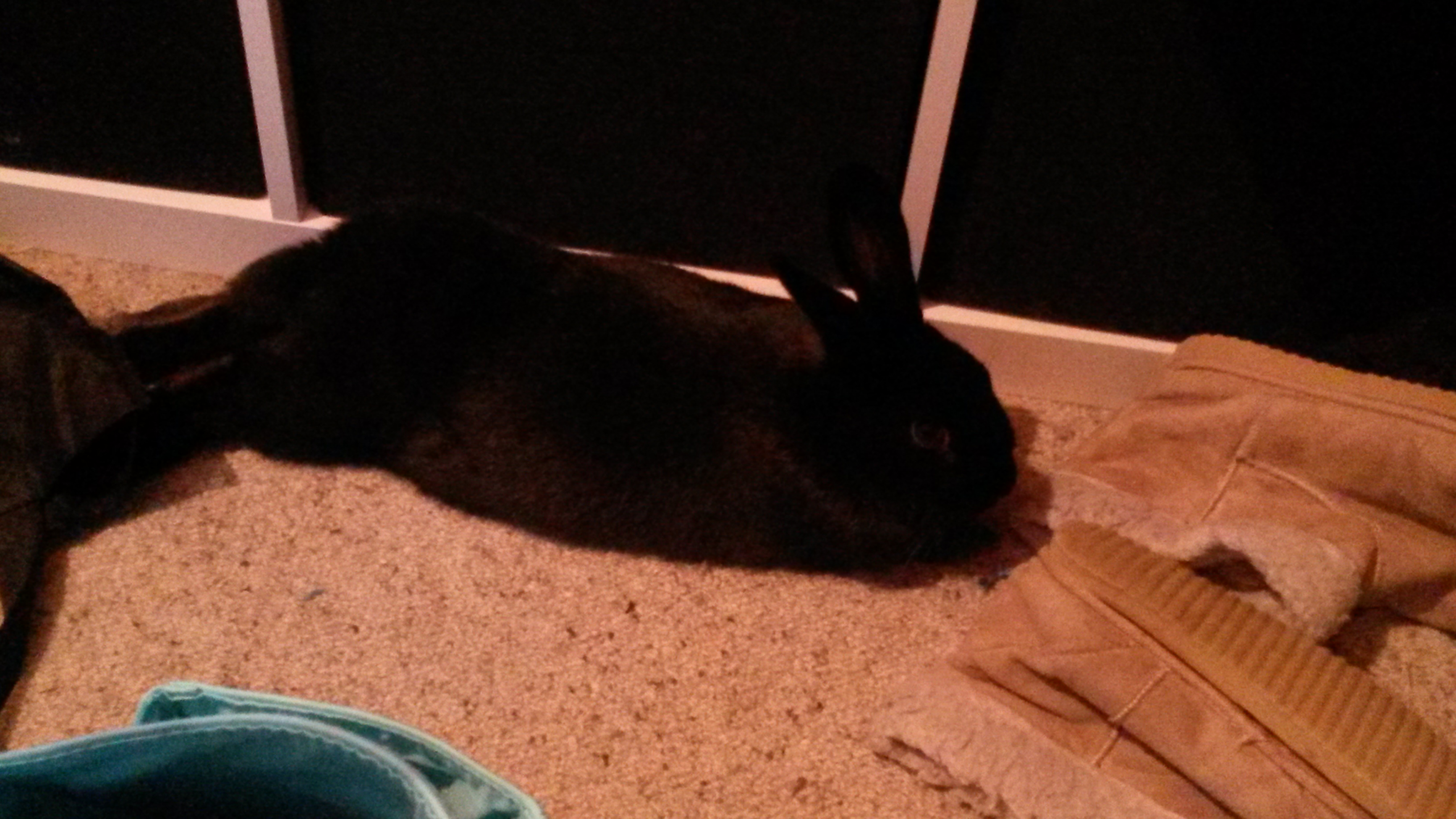Auditioning or ‘casting’ characters is an increasingly common tool in the writing community, and one that a lot of people find useful. Sterling and Stone have a whole post about how they go about it!
And, it was part of the exercises for Writing Excuses Season 10. Which means I had to do it for the first time ever. But, I was out of spoons for prose writing, so I came up with a much less creative alternative!
What follows is my first attempt at a process that made sense to me. Because there are so many rabbit-holes to go down and paths to follow, and I’m not really a visual person so I thought I’d just flail at it.
Which lead to the discovery that my Google-fu is still terrible, and that I didn’t have the brain-power to translate acting advice to fictional characters.
Luckily, I have a favourite random generator site, and I just started there.
Five random male and female short bios later, I had something to work with, and I went Google Image searching. Because I can’t imagine what people look like. Which is why I usually skip character descriptions and people couldn’t pick my characters out of a lineup…
If you want to see the pictures, here is a link to the Pinterest board.
So, since I don’t want to write 10 different versions of the same scene, because my brain is not on board with that, I went with a more analytical approach. Below are the responses I had to the pictures of the female characters.
Bianca is obviously a no-nonsense sort of girl. She’s got that ‘are you serious?’ look, and I really like that about her. It makes me think she’s sassy, and also likely to smile if you get her sense of humour.
Jesse’s picture tells me she’s thoughtful, controlled, and won’t back down because you think she should. I like that start of a smile, and I think that she would be fairly contained and distant. Which makes throwing her ex into the mix a nice way to shake things up.
Claire I picked because she looks like she can see right through whatever you’re trying to pull, and is waiting for you to get with the program. She’s got this. Whatever ‘this’ is, and she will see this through. I like that determination, and once again, the distance between her and the viewer will be nice to ruffle with shenanigans.
Alexandra has a soft expression, and I like the vulnerability there. What I also think is interesting about the image is that she isn’t being coy. This is deliberate. And I like that balance in accepting and using that vulnerability. Just because she’s got a soft spot doesn’t mean it’s a weakness. It also reminds me of ‘feign strength where there is weakness, and weakness where there is strength’.
Grace’s picture is too young, technically, but I really liked that open studying in her expression. She looks like she is listening, and hearing far more than you would expect her to, and will use that information to the best of her abilities. Don’t underestimate her. It will cost you.
Now that I have initial impressions, I can make entirely arbitrary decisions about them based on the things I need for my story.
So, that means looking at the tropes I’m leaning into, Declaration of Protection, and the genre conventions for modern fantasy and paranormal romance.
The Protagonist needs to be a capable, determined sort, with a soft spot that they protect but the Romantic Lead fits in perfectly.
Because I want to play with Declaration of Protection, I decided the characters that looked vulnerable were the best suited. That’s Alexandra and Grace.
And, because I have limited spoons, I went with Alexandra because her picture is the right age, and my lived experience is likely to be closer to hers than Grace’s. When I have more spoons, and I’m looking at stretching my character research and skills, I will find a story for Grace. This is not that project.
Keep in mind your project parameters, this helps making the decisions less emotional.
From there, I went back to the other details about Alexandra and decided what to keep and what wouldn’t work so well.
I like that she’s a programmer, that her favourite season is spring, and her favourite sin and virtue. I think someone who knew the repercussions of magic in my world would definitely be careful about dating, and would know the shenanigans that comes from being vain but also find it hilarious.
What I need to change is her household, since this is a romance and having a fiancee only fits genre conventions if she’s an asshat and I don’t want to do that. So, I took Claire’s household and now Alexandra has a cat and two dogs.
I also need to adjust her ‘annoyed by/sucker for’ in order to really play on them in the story. Jesse’s annoyed by/sucker for of elaborate schemes/romantic things were a great fit. We all know Aphroditie has an elaborate, romantic plot happening here and I can definitely play with that.
So, the ‘winner’ of the audition process for the female character was a modified Alexandra.
I did exactly the same with the male leads. And I won’t go through those, because it’s literally writing down my impressions of them, and what it means that I will be instinctively likely to expect them to do and if I felt I can manipulate that to my story-telling advantage.
What I did find interesting was I got stuck between Trevor and Nick, and it wasn’t until I really asked which one I would prefer to be the MC/Protag that it cleared it up. Because I’d already picked Alexandra, my brain was telling me to find a good Romantic Lead for her. Which is a different character type to the Protagonist.
The ‘winner’ of the male leads was a modified Trevor. In part because of the same factors that helped pick Alexandra. What I changed here was his ‘Sucker for’, and his household. Just to meet the genre conventions.
The Short Version
Work out what the parameters of your project are.
Identify the role you’re trying to fill.
Examine the assumptions you have about a character, and those you would expect the reader to have. See what you can pull at in unusual ways. Repeat for each potential character.
Be aware of the wider genre conventions, and if you want to lean in or subvert them.
Be really clear about the role and what challenges that presents for the character.
Interrogate your responses.
If all else fails, use dice to pick and see how you feel about the result.
Now, this is not the kind of auditioning that the Writing Excuses podcast suggested. But, it is the only kind of ‘audition’ my brain was happy to do this week.
It does rely on more analysis than creative feel, but if you’re stuck even getting anyone into the room to audition, maybe this will help.









